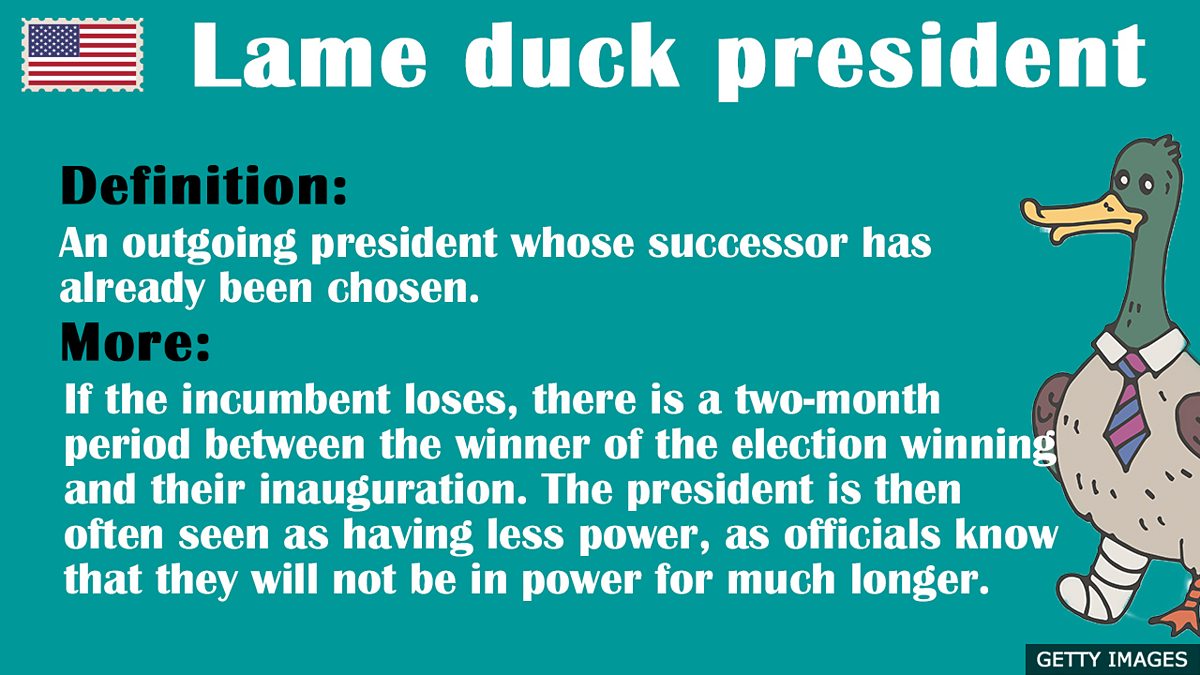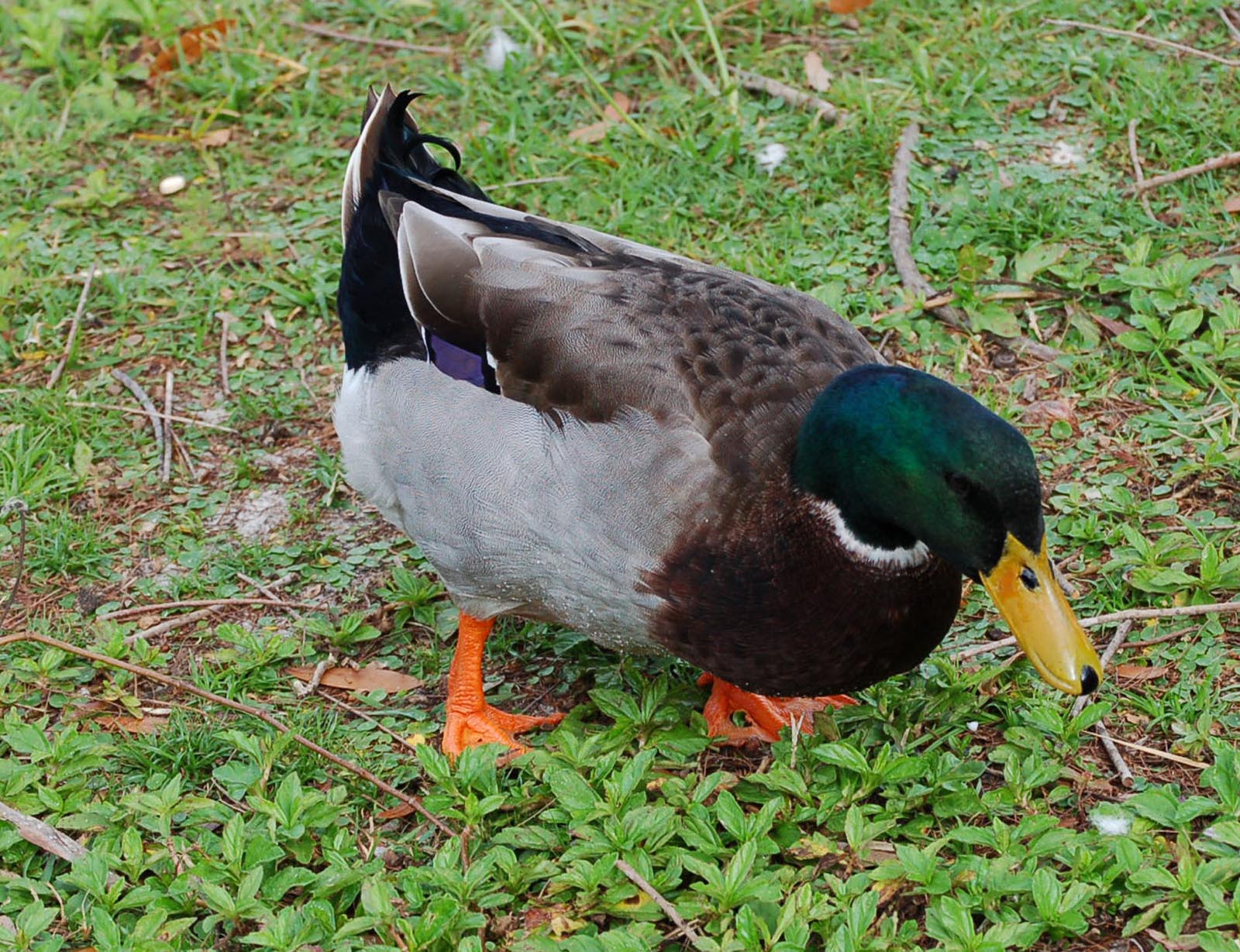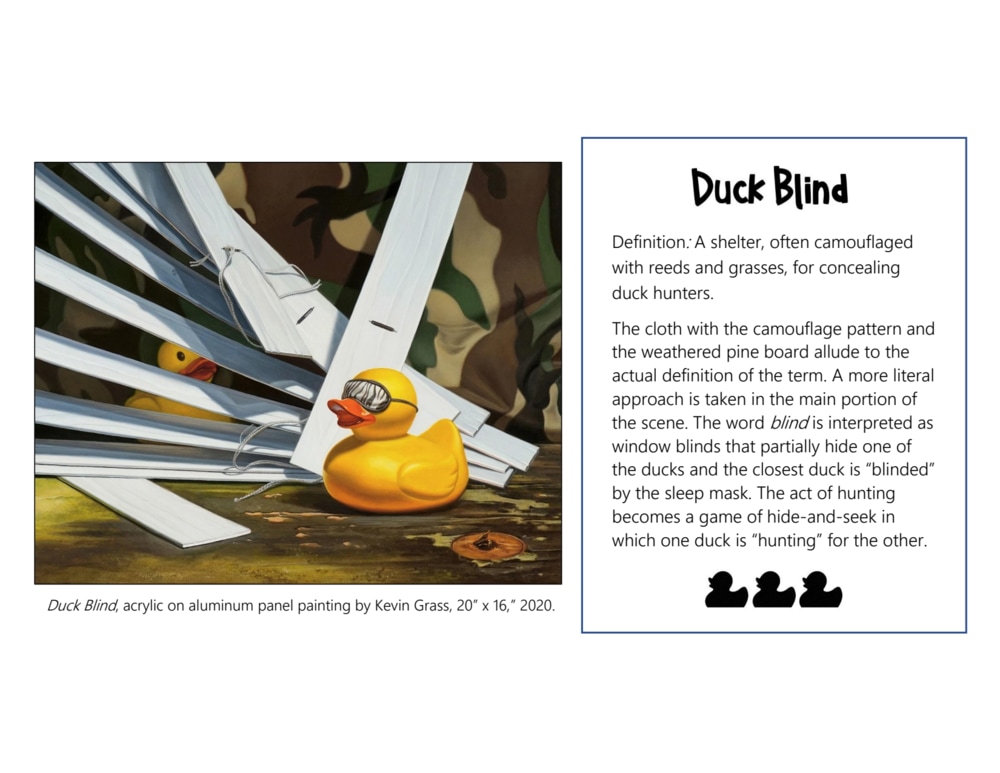

Someone ordinary I could teach” (Fowles 282). Noun Elected official waiting to leave office weakling loser holdover incumbent crumbling power weak administration wretch unfortunate underdog One of the most persistent myths in American politics is the media-fueled concept of the lame duck. He admits that he made a mistake setting his sights on Miranda as she was of a higher social class than he: “… she’s only an ordinary common shop-girl, but that was my mistake before, aiming too high” (Fowles 282) and so if he were to have a new guest, it would be someone who would respect him and who would learn from him, instead of the other way round as it was between Frederick and Miranda: “I ought to have got someone who would respect me more.

He is from a lower social class than Miranda, perhaps lameducking is the act of putting someone down in the context of the quote in OPs question?Ī contributor to New Casebook Series:John Fowles edited by James Acheson seems to confirm this interpretation In the story Miranda Grey is kept captive by the protagonist Frederick Clegg. Merriam-Webster's second definition for the word is:Ĭhiefly British : a person, company, etc., that is weak or unsuccessful and needs help A lame duck is a politician who has been voted out of office but whose term is not yet up, or a politician who is still in office but cannot run for. Lame duck is spelled with a hyphen as in lame-duck when used as an adjective before a noun about half the time. Lame duck originated on the London Stock Market in the 1700s to describe an investor who is unable to cover his debts, the plural form is lame ducks. The phrase lame duck may also be used to describe an ineffectual person. The first American president referred to as a lame duck was Calvin Coolidge. Lame duck as applied to a politician is a North American term, though it is gaining usage across the globe. Perhaps Fowles used artistic licence with his character Miranda?Ī lame duck is a politician who has been voted out of office but whose term is not yet up, or a politician who is still in office but cannot run for reelection. I found a reference to lameduck and the John Fowles' book The Collector in Something and Nothingness: The Fiction of John Updike & John Fowles By John Neary Have any of you got the original book? Does it contain that exact text? In affirmative case, what does that verb mean? And anyway, most girls would have jumped at the chance Hundreds of other people who needed lameducking, my sympathy, far more Too) - but they’re both attractive young men. Donald and Piers (because I’ve lameducked him in a sense, That I could get her to do things for me that she wouldn’tĭo for them. Lameducked her just to show the Vestal Virgins that I was cleverer I’ve been thinkingīack to Ladymont, to people I lameducked there. Me, not because I believe they need my sympathy.

That I lameduck people only because it flatters It means that I have no real belief in the power of reason, and I can not find any reference to such verb online. OP has extracted a text from the book "The Collector" by John Fowles that uses the verb lameduck.
#Lame duck definition pro#
Note: All pro forma sessions held during these lame duck sessions are included in the date ranges on this table.Let me draw your attention to a question posted in English Language Learners where Legislation delayed by Watergate investigation Judge Porteous impeachment, New START treaty, appropriations, 'Don't Ask, Don't Tell,' and extension of tax cutsĭepartment of Homeland Security and appropriationsīudget, appropriations, and domestic legislation Iran sanctions, medical research and development, defense authorization, and appropriationsĭefense authorization, appropriations, nominations, and extension of tax cutsĭefense authorization, FISA extension, disaster appropriations, extension of tax cuts, and delay of budget sequestration Nominations, defense authorization, coronavirus stimulus, appropriationsĬoast Guard reauthorization, nominations, military assistance to Yemen, appropriations, farm bill, criminal justice reform, and furloughed agencies Since that time, Congress has met in lame-duck session to conclude urgent or unfinished business.įor more information on lame duck sessions, see Lame Duck Sessions of Congress, 1935-2016 (74th-114th Congresses) (pdf). The 1933 Amendment changed the convening date for a new Congress to January 3 of odd-numbered years, shortening the time between an election and the beginning of the next Congress to just two months. When Congress is in session after a November election and before the beginning of the new Congress, it is known as a "lame-duck session." Prior to the adoption of the Twentieth Amendment to the Constitution (1933), new Congresses convened in December of odd-numbered years, allowing the post-election Congress to meet and pass legislation for more than a year.


 0 kommentar(er)
0 kommentar(er)
